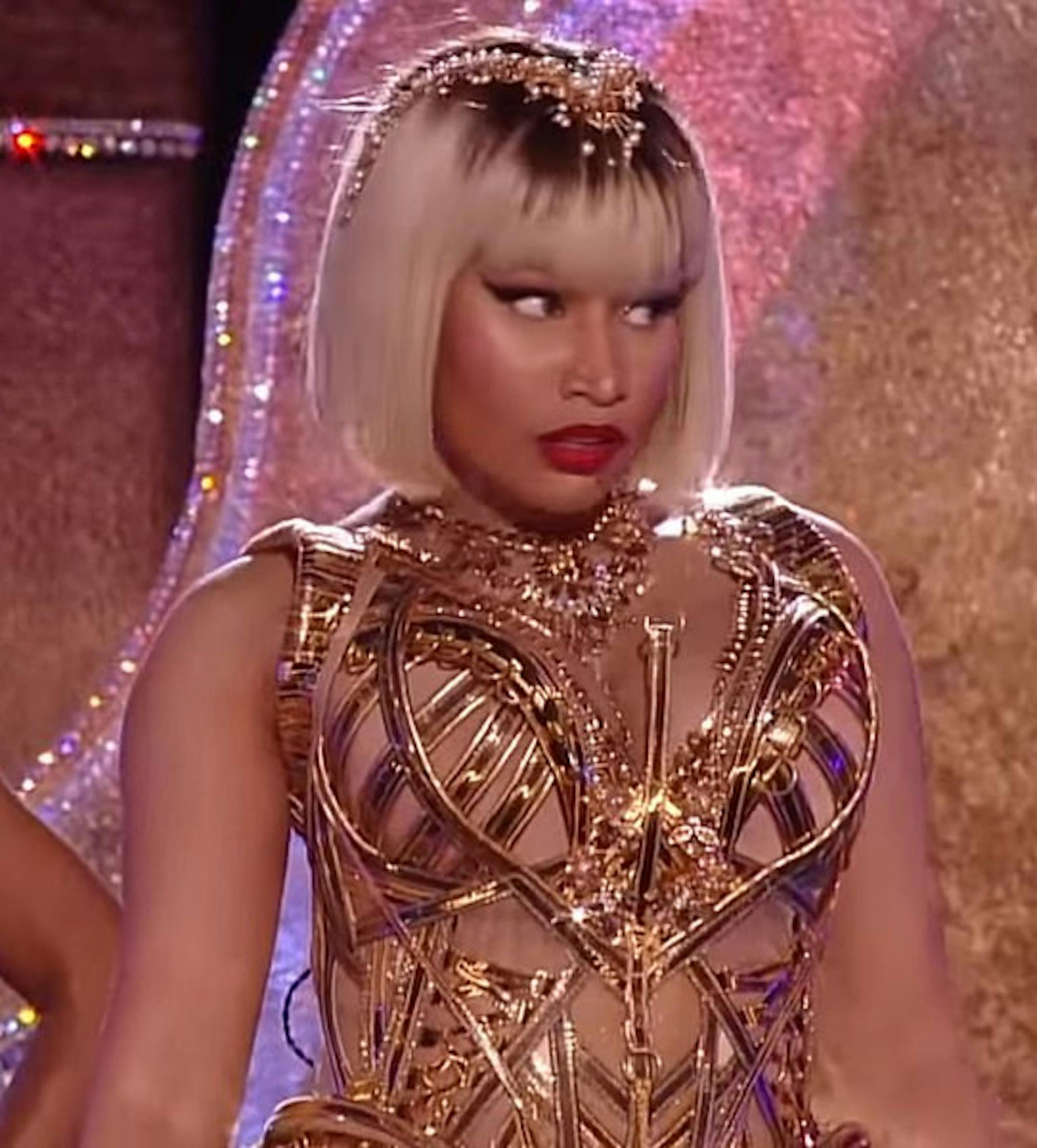On the fourth episode of her new Beats 1 radio show, “Queen Radio,” Nicki Minaj called out Travis Scott after his “ASTROWORLD” (2018) stole the top Billboard 200 spot from Minaj’s “Queen” (2018). Scott accomplished this by selling ticket-bundling album packages — a common practice in today’s music industry. The difference was that Scott bundled “ASTROWORLD” with t-shirts, merchandise and pre-sale tickets for shows that he had not announced yet.
On “Queen Radio,” Minaj became Scott’s judge, jury and executioner. She broke down the way Scott bundled the albums so that he would take the number one spot and even accused him of having his girlfriend Kylie Jenner help him with sales.
Bundles have been around for a while, and they are incredibly effective, complementing each purchase of a tour ticket or merchandise with a free copy of the album. For 2017, Billboard reported that 14 of the 38 albums that reached number one on the Billboard 200 chart were boosted by ticket bundles. Pink did this with her most recent album, "Beautiful Trauma" (2017), with two-thirds of her 384,000 sales being sold through ticket bundles. Taylor Swift flipped the method with her "reputation" (2017) tour, so fans could buy merchandise and pre-order the album to get priority access to concert tickets.
It isn’t actually reported as a sale until the customer redeems the album in the bundle, but Minaj is still right on her case with Scott: His sales are higher because of the t-shirt, merchandise and ticket bundles.
Minaj’s point also showcases a real problem for the music industry: streaming has destroyed the concept of an album sale. Since the rise of streaming giants like Apple Music and Spotify, the industry has become a muddled free-for-all.
Consumers have always been looking for ways to listen to music without actually paying for it, beginning with Napster and leading to downloading music on LimeWire and listening to songs on YouTube. The shift toward streaming services only continued: In the first six months of 2017, more than 60 percent of music consumption was composed solely of streaming on platforms like Spotify, Apple Music and Pandora. This all adds up to a variety of big hits to the music industry, particularly album sales — from 1999 to 2009, revenue from album sales in the United States plummeted from $14.6 billion to $6.3 billion. The decline continued, with record-low sales recorded in 2014.
That year, the rules for the Billboard 200 chart were revised to include streams and downloads, creating the album-equivalent unit. In the simplest of terms, the album-equivalent unit defines one album sale as either 10 song downloads, or 1,500 song streams — this may seem like an awful lot, but they do not seem to hold certain artists back from dominating the Billboard 200 without actually selling very many albums.
Artists can dominate the new system in multiple ways, such as releasing a constant stream of hit songs or dropping an album with a longer track list. Drake is a master at this, with his most recent album “Scorpion” (2018) boasting an obnoxious run time of 90 minutes. Minaj tried this trick on “Queen” with its less exhausting length of 66 minutes. Justin Timberlake's “Man of the Woods” (2018) ran for 65 minutes — on par with “Queen” — but at least “Queen” was enjoyable. In these instances, the album's longer track list accumulates more streams, more album-equivalent units and a higher ranking on the charts.
Those few favorites are what really rack up streams. “Scorpion” owes much of its success to previous singles “God’s Plan” and “Nice for What,” as well as the newer single and viral dance challenge “In My Feelings.” Minaj added her hit song “FEFE” with Tekashi 6ix9ine to the track list of “Queen” around halfway through its first week of release. These are simple and effective ways for artists to cheat the system and gain the most streams.
In today’s music industry, these new methods are changing the way artists release their music and break records. It could be that they have taken the talent out of economic success and made high sales easier for artists with a wider fan base regardless of the quality of their music. It could be that people just do not buy albums anymore, and in order to make money, artists have to create bundles and focus on doing well with streams. Regardless, albums have more filler tracks that often ruin the flow and enjoyment of the music. In pursuit of sales, artists have put more effort into throwing everything they can at the wall. Sadly, what has been thrown lately does not seem to stick well.
Gaming the system: How select artists dominate the music industry

Nicki Minaj, one of many artists who are upset by the method of ticket bundles to increase sale numbers, is shown performing at the 2018 Video Music Awards on Aug. 20, 2018.





